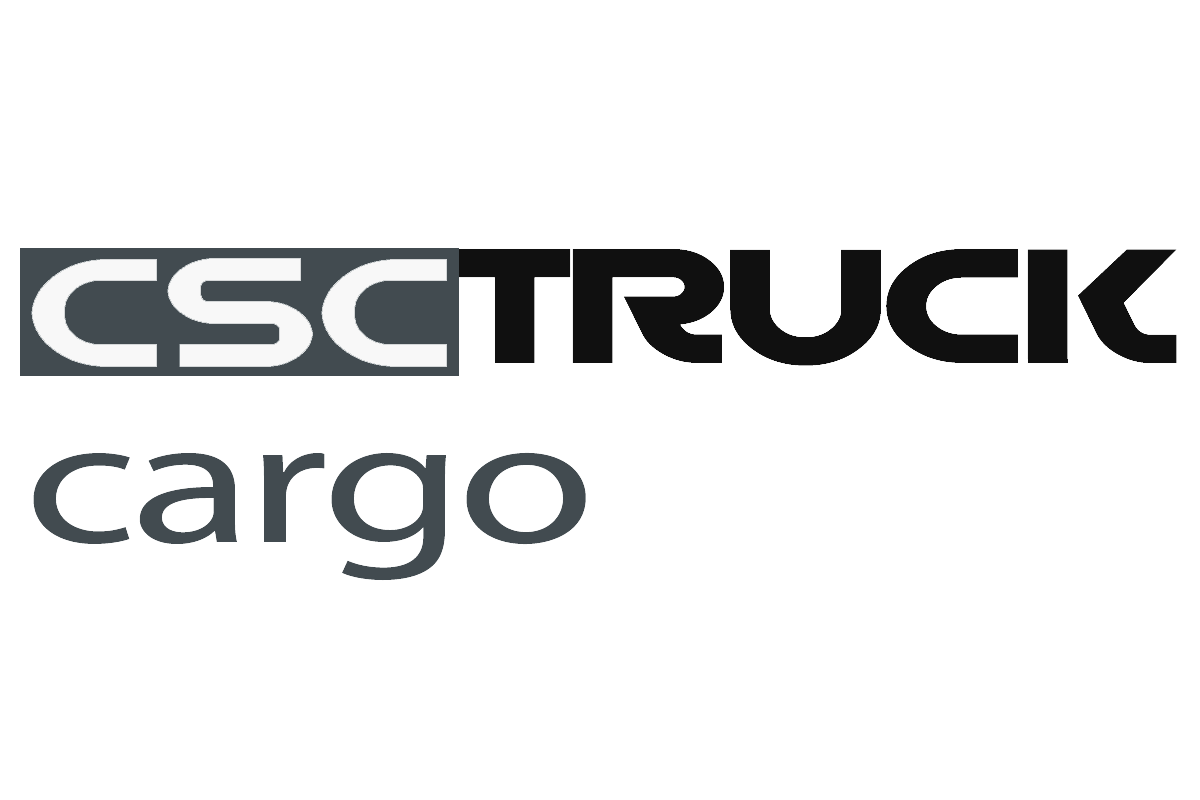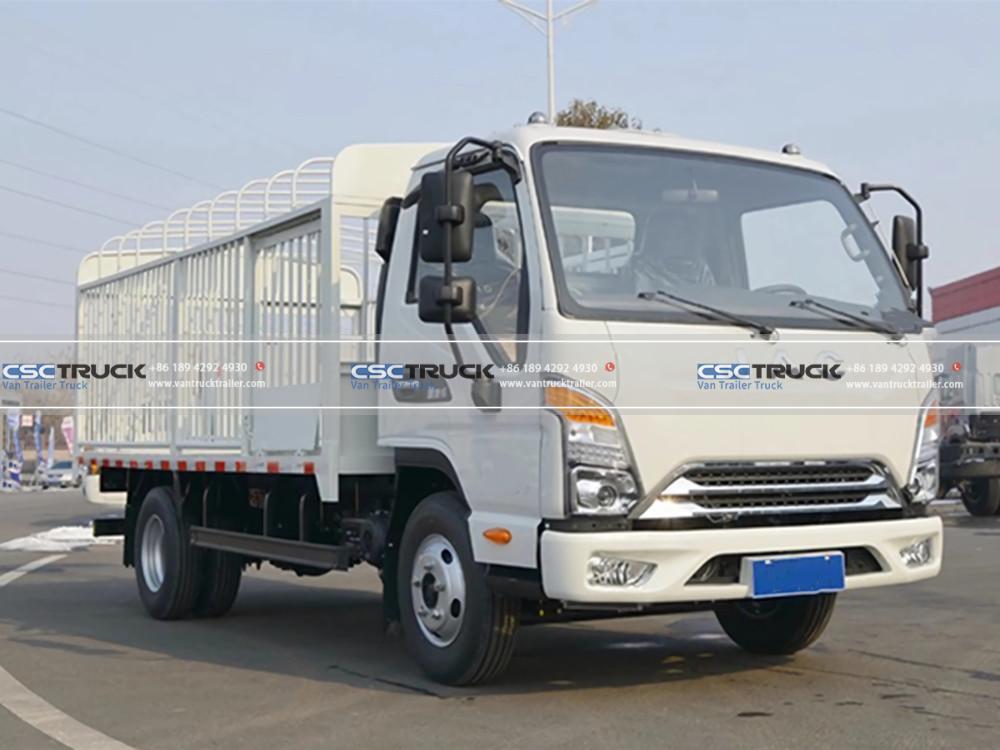Part 1: Groundbreaking Fleet Deployment Marks New Era for Moroccan Agriculture
In a landmark development for Morocco’s agricultural sector, a fleet of cargo trucks and specialized livestock trailers arrived at the Port of Casablanca on February 26, 2025. This delivery, part of a bilateral initiative between Moroccan agricultural authorities and European transport engineering firms, aims to revolutionize the safe and efficient movement of livestock across the country’s vast rural landscapes. The deployment addresses long-standing challenges in animal welfare during transit while aligning with Morocco’s Vision 2030 goals to modernize agricultural infrastructure.
The newly acquired cargo trucks, equipped with climate-controlled cabins and GPS tracking systems, are designed to navigate Morocco’s diverse terrain—from the Atlas Mountains to arid southern regions. Paired with custom-built livestock trailers featuring adjustable ventilation, non-slip flooring, and automated hydration stations, this fleet ensures minimized stress for animals during journeys. Industry experts predict a 40% reduction in transit-related livestock losses, bolstering both economic returns for farmers and Morocco’s reputation as a leader in ethical animal husbandry.
Part 2: Technical Innovations and Operational Framework
Engineering Excellence: Design Features of the Livestock Trailers
The livestock trailers stand out for their biomechanically optimized design. Constructed from lightweight yet durable aluminum alloys, these trailers reduce fuel consumption for cargo trucks by up to 15% compared to traditional steel models. Internal compartments are modular, allowing transporters to reconfigure space based on animal size—a critical feature for Morocco’s mixed livestock economy, where sheep, cattle, and goats frequently share transit routes. Additionally, real-time air quality sensors monitor ammonia and carbon dioxide levels, triggering ventilation systems to maintain optimal conditions.
Logistical Integration and Training Programs
To maximize the fleet’s impact, Moroccan logistics firms have partnered with veterinary associations to train 500 drivers and handlers in animal behavior management and emergency care protocols. “This isn’t just about vehicles; it’s about creating an ecosystem where technology and expertise work in tandem,” stated Dr. Amina El-Kouri, a livestock welfare consultant involved in the project. Training modules emphasize reducing transit times through AI-powered route optimization, which analyzes road conditions, weather patterns, and market demand to prioritize delivery schedules.
Part 3: Socioeconomic and Environmental Implications
The introduction of advanced cargo trucks and livestock trucks arrives at a pivotal moment for Morocco’s agrarian economy. Over 30% of the nation’s rural workforce relies on livestock farming, yet outdated transport methods have historically led to profit erosion due to animal injuries or deaths. With the new fleet, farmers can access distant markets more reliably, potentially increasing revenue by $120 million annually. Furthermore, the reduced carbon footprint of fuel-efficient trucks supports Morocco’s commitment to cutting greenhouse gas emissions under the Paris Agreement.
Environmental advocates have also praised the trailers’ waste management systems, which collect and compact organic matter for later use as fertilizer—a circular economy approach that minimizes roadside pollution. As the first batch of trucks begins operations this month, stakeholders anticipate a ripple effect: improved meat and dairy supply chain resilience, enhanced export capabilities, and heightened investor confidence in North Africa’s agricultural innovation.
This strategic investment underscores Morocco’s proactive approach to bridging infrastructure gaps while prioritizing sustainability and animal welfare. As the cargo trucks and livestock trailers hit the highways, they carry not just livestock but the promise of a more connected and competitive agricultural future.

